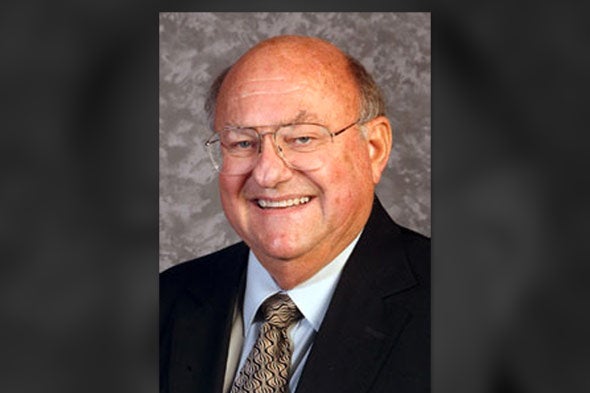A Kansas lawmaker has apologized after arguing, in his opposition to legalizing marijuana, that black people are more predisposed to abuse drugs than white people because of “their character makeup” and “their genetics.”
State Rep. Steve Alford, a 75-year-old Republican, explained at a public meeting Saturday to a crowd of 60 people—none of whom were black, according to the Associated Press—that marijuana was originally outlawed because “the African Americans, they were basically users and they responded the worst off to those drugs.”
Alford was citing a real, historical, racist argument made during the 1930s to justify the criminalization of marijuana. Harry Anslinger, the man largely credited for the launching the country’s war on drugs, led the Federal Bureau of Narcotics beginning in the 1930s. Anslinger originally was quoted as saying cannabis was largely harmless but, according to CBS News, he changed his stance in inflate the power of his bureau.
Anslinger based his arguments that marijuana caused people to become crazed and violent on a small number of newspaper stories from the 1920s, despite 29 out of 30 scientists advising him that it was not a dangerous drug. A major component of his campaign against marijuana was to play on fears of black people and Mexican immigrants, whom he said were the main users. According to CBS:
He claimed that … it made them forget their place in the fabric of American society. He even went so far as to argue that jazz musicians were creating “Satanic” music all thanks to the influence of pot. This obsession eventually led to a sort of witch hunt against the legendary singer Billie Holiday, who struggled with heroin addiction; she lost her license to perform in New York cabarets and continued to be dogged by law enforcement until her death.
When the AP asked Alford about his remarks and the backlash Monday, Alford was not apologetic:
I’m not going make any more remarks about that. To me, that’s neutral. Basically, I got called a racist, which I’m really not, and it’s just the way people—the interpretation of people. To me, I’m trying to look at what’s really the best for Kansas.
He then issued a written apology later that day. “I was wrong, I regret my comments, and I sincerely apologize to anyone whom I have hurt,” he said in the statement. “Substance abuse is a blight on our society, and legalizing marijuana only opens the door to harder drugs. I have seen firsthand how drug abuse destroys lives, even within my own family, and I remain committed to fighting the spread of addiction in our state.”
